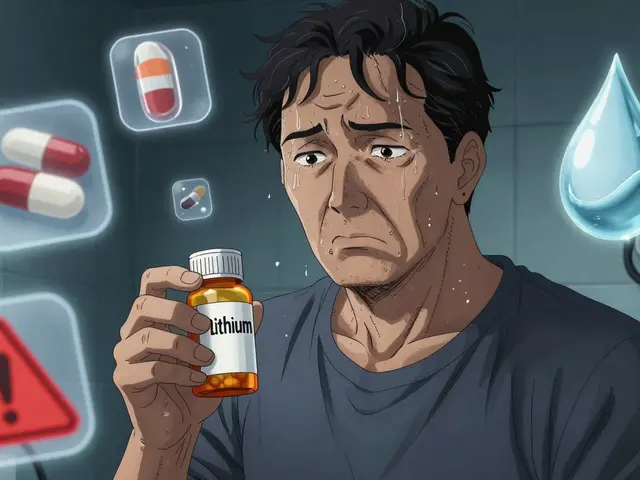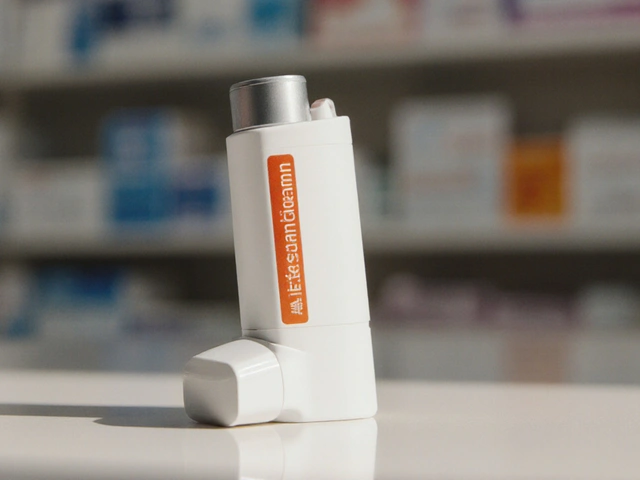Statins: What You Need to Know About These Cholesterol‑Lowering Drugs
Statins are the most prescribed medicines for high cholesterol. If your doctor mentioned them, you probably want to know how they work, why they matter, and what to watch out for. Below is a quick, no‑jargon guide that covers the basics and helps you decide if a statin is right for you.
How Statins Work and Who Should Take Them
Statins block an enzyme in the liver that makes cholesterol. By slowing that process, they lower the amount of “bad” LDL cholesterol in your blood. Lower LDL means less plaque buildup in arteries, which cuts the risk of heart attacks and strokes. Most people over 40 with high LDL, a family history of heart disease, or diabetes are candidates, but your doctor will look at your full health picture before prescribing.
Common Benefits, Risks, and Choosing the Right Statin
When taken as directed, statins can drop LDL by 20‑60%, improve overall heart health, and even stabilize existing plaque. That translates into fewer heart‑related events over time. The trade‑off is a small chance of side effects. Muscle aches, mild liver enzyme changes, and occasional digestive upset are the most reported issues. Serious problems like severe muscle damage are rare, especially when you stick to the dose your doctor set.If you notice unexplained muscle pain or dark urine, call your doctor right away. They may lower the dose, switch you to a different statin, or add a supplement like coenzyme Q10 to ease muscle symptoms.
Picking the right statin isn’t one‑size‑fits‑all. Some, like atorvastatin and rosuvastatin, are strong and work well for people who need big LDL drops. Others, like pravastatin or lovastatin, are milder and may suit those who are sensitive to side effects. Your doctor will consider age, other medicines, liver health, and how aggressive the cholesterol reduction needs to be.
Here are a few practical tips to get the most out of your statin therapy:
- Take the pill at the same time each day, usually in the evening, because the liver makes most cholesterol at night.
- Don’t skip doses; missing a few days can raise LDL quickly.
- Combine the medication with a heart‑healthy diet—more veggies, less saturated fat, and regular exercise.
- Ask your doctor about routine blood tests. Checking liver enzymes and cholesterol levels every few months helps keep things on track.
Statins are powerful tools, but they work best when paired with lifestyle changes. Even a modest weight loss or a short daily walk can boost their effect and keep side effects low.
Remember, you’re not alone. Millions of people worldwide use statins successfully every day. If you have questions, bring them to your next appointment—nothing beats a personalized plan based on your unique health profile.







